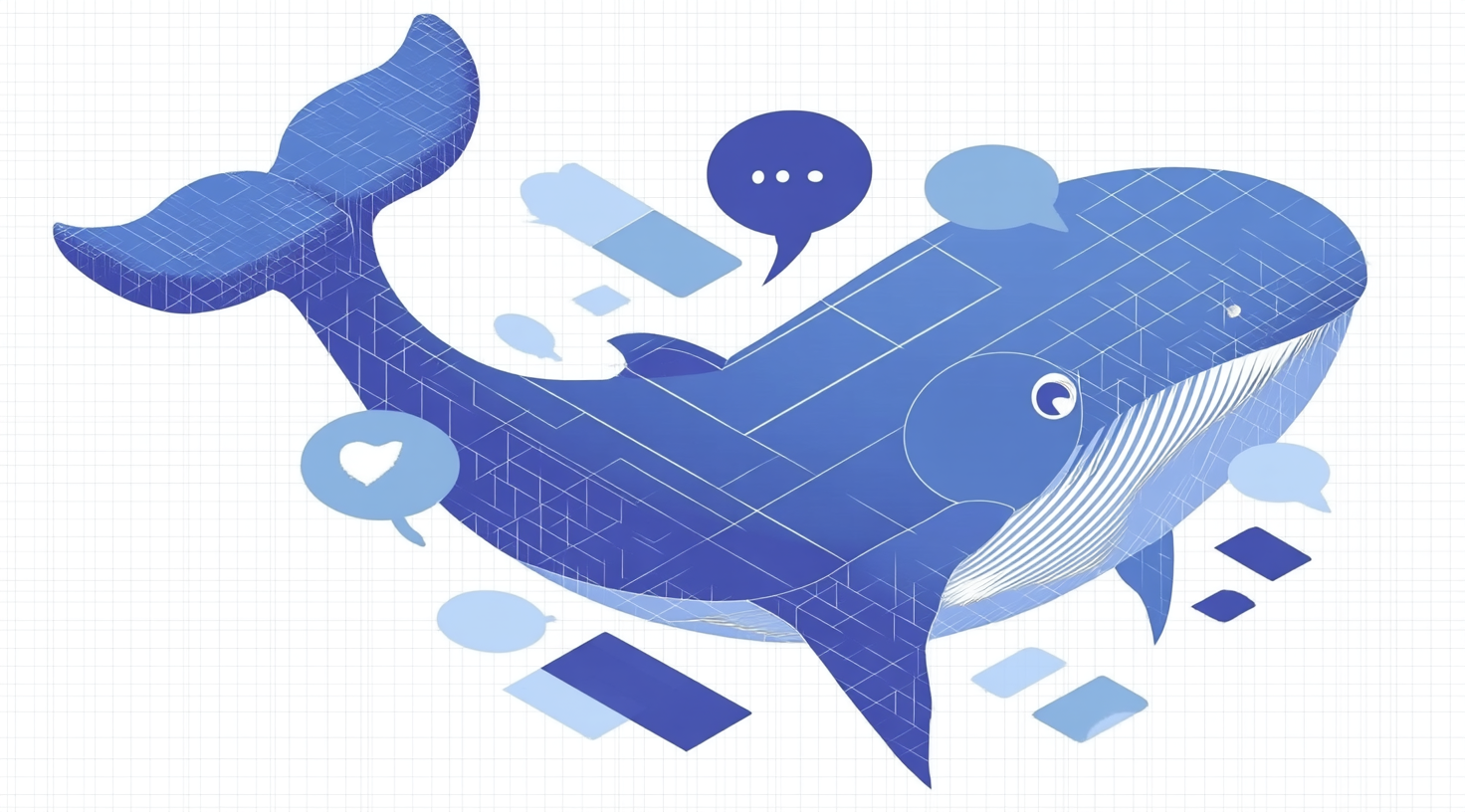Studies show that such content gets 2.5 times more engagement than long-form videos.

Illustration by Diksha Mishra
WWho hasn’t fallen into the trap of doomscrolling on Instagram these days? For many, it has become more than just a favourite pastime; it has practically become a new hobby. A recent conversation with an AI-powered mental wellness centre United We Care, revealed that it could impact the mental health and behaviours of both adults and children.
With Attention Deficit Hyperactivity Disorder (ADHD) diagnoses on the rise globally, there is increasing concern over the role of social media platforms, particularly short-form content, behind this trend. ADHD is a neurodevelopmental condition that makes individuals appear restless, impulsive, and unable to focus for long hours.
The popularity of short-form content platforms like TikTok is undeniable. Studies show that such content gets 2.5 times more engagement than long-form videos, and marketers are interested in investing in this format for its ability to capture viewers’ attention. However, despite its effectiveness in driving engagement, the format has drawbacks.
In an exclusive interview with AIM, Sourav Banerjee, co-founder of United We Care, raised concerns over the negative impact of short-form content platforms on mental health, particularly in relation to ADHD.
Banerjee questioned whether TikTok is the right space for mental health conversations. “The fundamental issue lies in the format itself. Unlike long-form content that encourages focus, deeper engagement, and layered thinking, short-form content is superficial. Every 30 seconds, the content compulsively changes, leaving no room for substantial engagement or thought development,” he said.
He further lauded the Indian government’s decision to ban TikTok, describing it as a necessary step not only for data privacy but also for safeguarding mental health. However, Banerjee said that banning one platform is not enough. The larger ecosystem of social media and AI-driven content requires regulation to prevent a generation from growing up with diminished focus and what he described as “zombie-like behaviour.”
Social Media’s Impact on Mental Health
Another cause for concern is the consumption of misinformation on platforms like TikTok. A research paper titled ‘TikTok and Attention-Deficit/Hyperactivity Disorder: A Cross-Sectional Study of Social Media Content Quality’ revealed that while TikTok is widely used to share mental health information, nearly half of the ADHD-related videos analysed were found to be misleading.
This poses risks to both public understanding and clinical care as misinformation spreads unchecked. Additionally, social media platforms use proprietary algorithms that focus on increasing user engagement and may promote videos that do not necessarily reflect accurate health information. A recent systematic review found that the prevalence of health misinformation was high across almost all social media platforms.
Banerjee stressed the urgent need to address this challenge by improving content moderation and ensuring that only accurate, evidence-based mental health information is disseminated online.
AI is the Only Answer
Children often lack the ability to distinguish right from wrong, and so the onus of guiding them through life’s challenges lies with parents. On the one hand, children lack genuine human interaction with devices like phones and laptops introduced early. On the other, they face communication barriers and can’t share their problems with their parents.
Reflecting on these challenges, Banerjee said, “AI can be used to facilitate these communications. Additionally, we can implement bulk screening to identify potential mental health issues early on. For instance, in Telangana, we recently launched a tool for 2 million students and their parents to better understand and address issues like drug and alcohol use among teenagers. This is a complex challenge, but it’s essential to address it head-on.”
He added that about a month ago, they launched an initiative with the Telangana government to help parents understand if their teenagers are at risk of addiction. They have also partnered with schools to gather more information.
“If we merge these two sources of information, along with feedback directly from the children, we might stand a better chance of addressing these issues. My point here isn’t to argue whether AI is superior or inferior to humans; rather, the simple fact is that we currently have no other way to effectively handle these challenges without AI,” he said.
Banerjee stressed that while there are significant concerns with AI, given its potential, it can also help solve specific problems. AI can serve as a platform for people to be heard. It can listen, screen for issues, and offer immediate, relevant solutions.
Vidyashree Srinivas
Vidyashree is enthusiastic about investigative journalism. Now trying to explore how AI solves for all.
Subscribe to The Belamy: Our Weekly Newsletter
Biggest AI stories, delivered to your inbox every week.
February 5 – 7, 2025 | Nimhans Convention Center, Bangalore
Rising 2025 | DE&I in Tech & AI
Mar 20 and 21, 2025 | 📍 J N Tata Auditorium, Bengaluru
Data Engineering Summit 2025
15-16 May, 2025 | 📍 Taj Yeshwantpur, Bengaluru, India
AI Startups Conference.
April 25 /
Hotel Radisson Blu /
Bangalore, India
17-19 September, 2025 | 📍KTPO, Whitefield, Bangalore, India
MachineCon GCC Summit 2025
19-20th June 2025 | Bangalore
![]()
Our Discord Community for AI Ecosystem.

 2 months ago
27
2 months ago
27









